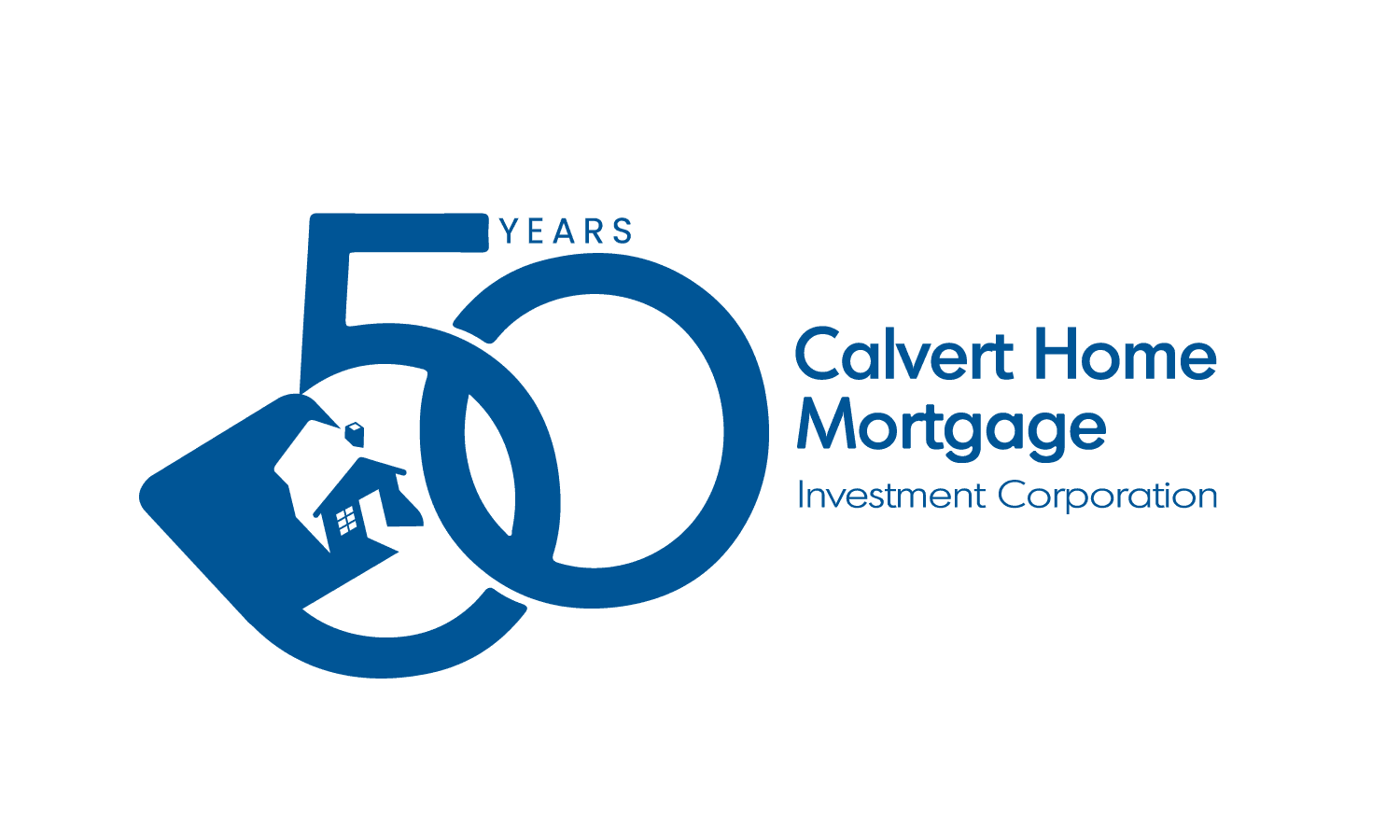Collateral mortgages are pushed heavily by the banks because they benefit the banks. What’s wrong with them from a consumer standpoint? Nothing, provided you never need to borrow money in a second mortgage position, if you never get into trouble with your payments, or with any of your debts with that bank. Collateral mortgages tie you to your bank and block taking out other equity in your property; they also give the bank extra power to demand the full balance or begin foreclosure much more quickly.
What is a collateral mortgage? There is a lot to explain about collateral mortgages and what I’ve mentioned above. Let’s start with what a collateral mortgage is. While a standard or regular mortgage is the only security for the debt, in a collateral mortgage, the debt instrument is in fact a promissory note or other loan agreement, and the mortgage is registered against the property to ‘collaterally secure’ that debt, meaning your house is extra security for the loan. It’s a very subtle difference, and the key advantage to the bank is that in this type of loan, it is payable in full on demand, whereas in a regular type of mortgage, it is only payable on maturity, or the end of term date. In other words, if a borrower misses a payment in a regular mortgage, they have the right and ability to make that payment up, and if they do, the bank must honour that mortgage agreement to the end of the maturity. Conversely, in a collateral mortgage, if a payment is missed, and if the bank so chooses, they may call the entire loan immediately (meaning all the interest and principal is payable in FULL), and the term end date is irrelevant to the agreement. By the way, the lender in a collateral mortgage can call the entire loan for any reason outlined in their mortgage that the borrower is off-side on, such as non-payment of property taxes, non-payment of insurance, non-payment of condo fees, and there may also be other terms of default that are outside of your control. Such as in one bank’s collateral mortgage it states that the death of either partner to the mortgage is considered a default of the loan.
The key difference is that if a borrower is in default of their standard mortgage, provided their mortgage term is not imminently expiring, then they will have time to restructure their finances, and get up to date, and then they have a chance to renew with their lender, or find a new mortgage. In the case of a collateral charge, the bank can immediately call the loan, send their file to a lawyer for collection, and proceed with foreclosure. The courts will still give the borrower time to restructure and redeem, however once a foreclosure is launched, then other lenders may be far less interested in helping the borrowers, or may only do so at higher rates, or increased fees.
To compound the issue, in the case of a standard mortgage charge on title, the borrower can normally seek and negotiate a second mortgage behind the first mortgage to restructure debt, get condo fees or property taxes up to date, or resolve other financial problems; whereas in the case of a collateral charge mortgage, most second mortgage lenders will not lend in second position behind those charges on title. I’ll get into the specifics of why later in this article.
Another key difference between a collateral mortgage and a standard mortgage is that a collateral mortgage is often registered above the amount initially advanced to the borrowers. There is one Lender who will suggest registering the loan on title for the full amount of the value of the property; another Lender will register at 125% of the value of the house! In the case of a standard mortgage, it is registered nearly always for the amount that is advanced to the borrower.
A very common consumer issue with this higher registration is that all too often the offer of mortgage, or commitment letter, isn’t clear that the actual mortgage to be signed is far above the amount of debt being offered to the borrower, leaving lawyers to explain to their clients why they are signing a higher mortgage than they are receiving, and at a very late stage in the game. Since financing a home can be a lengthy process with many lenders, this often leaves consumers feeling they are too late to negotiate or change lenders. There is a treasury branch which allows the borrower to request only registering the collateral mortgage for only the initial advance amount. In those cases, they clearly state the choice to register for a lower amount, down to the advanced amount, in the offer of mortgage stage which is great, however the full effects and costs to the consumer of a higher registration are not provided for the consumer to make an informed decision. It is important to note, by the way, that even if the mortgage registration is only done at the amount also advanced to the borrower, it will nevertheless continue to be a collateral mortgage charge in all other respects (such as due on demand).
Why would a lender register their collateral mortgage for more than they are approving a borrower for? They tell the customer that if they ever wish to apply for more credit, this will allow them to be approved and get an advance of more money without having to go through the mortgage signing and registration process again. From the lender’s point of view, this means they have a better opportunity to retain you as a client: they want the first chance to approve you for a higher loan. The problem is that if they do not approve you for more, then you likely have to take your entire mortgage elsewhere to get more credit, and normally speaking, if your lender has declined you for more credit, many of the other lenders will have the same response. If another lender approves you then you are free to move your business, but if you are not approved, since secondary lenders won’t lend behind collateral charge mortgages with higher registration amounts, you might be in a position to be forced to move your entire first mortgage to a lender who charges a higher-level rate of interest. This can represent a very significant cost to you.
How are collateral mortgages structured? Another stroke of brilliance on the part of lenders in their design of collateral mortgages, is that they effectively secure all of a borrower’s debts, including credit cards and unsecured lines of credit, car loans, and even overdraft to your collateral mortgage, if they are all with the same institution. The collateral mortgage often even secures any, and all, FUTURE debts the borrower may receive from that bank. As an example, if you have a collateral mortgage product from a bank, and you also have your car loan with them, your credit cards, other lines of credit, then ALL of those debts can be considered secured against your home under your collateral mortgage. If you default on any one of those debts, then you could also be in default of your collateral mortgage; if the loan is called, and if the house is sold, the bank is allowed to require that ALL debts be paid from the sale of the home. This is a legal stroke of brilliance on the part of the bank; they can have the security of your home for ‘unsecured’ debts, that they do not charge you less for, as they normally would if the debt was directly secured against such great security of your house. Not to mention that the banks have really increased their ability to collect, and quickly, if there is a major negative financial event in the borrower’s life that causes them to act.
Perhaps most concerningly, strictly speaking, the bank doesn’t need to justify their reason for calling a demand loan such as a collateral mortgage. Of course, the lender genuinely wants to keep your business and continue to collect interest from you, so they are not likely to call a collateral mortgage loan for no apparent reason. Despite a borrower’s best efforts however, life circumstances can affect our financial situations: the loss of a job, the illness of a loved one (particularly a financial contributor in the household), a business failure, or a host of other situations can impact a borrower’s ability to make mortgage payments. If your credit took a plunge, even if your debts with that bank were unaffected, your bank could deem you to be an increased credit risk and have the right and ability to proactively call the collateral mortgage loan at any time. Standard mortgages are not built the same way: your mortgage term in a standard mortgage is set in contractual stone, and may not be called to be paid out immediately in between the term dates for any reason other than a promise you made in the mortgage; which is normally the payment terms to the lender, your property taxes or your condo fees. The lender can’t call a loan in a standard mortgage for no reason: they would have to justify that reason, to you, and the courts.
Why wouldn’t a second mortgage lender be willing to lend in second position to a collateral mortgage? The simple answer is because the powers of a collateral charge mortgage are so powerful that they can push the second lender to a higher loan to value than the second lender may have a comfort to. Second mortgage lenders know that all debt to that bank is effectively ahead of them on title. Worse yet, all FUTURE debts to that institution are ahead of them on title. A secondary lender can be effectively left with no security for their loan at all, and it is not in their control. Conversely, in the case of a standard mortgage, the mortgage document clearly outlines the terms of pay down of the mortgage. There is a high level of predictability for secondary mortgage lenders because the terms of the standard mortgage pay down is clearly outlined in the agreement. In the case of a collateral mortgage, it can contain several lines of credit, it can also contain one or more portions that appear to be a standard mortgage as well, but even if they do, it doesn’t change the fact that the whole agreement is a collateral charge mortgage.
Another important difference between these two types of mortgages is that in the case of a collateral mortgage charge, the loan agreement is specifically with you, the borrower, and therefore it can never be switched to another lender. In the case of standard mortgage, the document registered at land titles is the important document that contains virtually all the information that any other lender would want to see take over that mortgage; to transfer it to themselves. In the case of a collateral mortgage, the loan agreement isn’t necessarily even registered at land titles and will have been specifically written by and for the bank extending the loan(s), so it is not going to be transferrable to any other lender. This is another way that the lender protects their business with you: they make it harder to switch away from them. You are still free to move your business to another lender, there is simply increased costs for the new lender to re-register the new mortgage on your title.
The bank has you at their whim for your collateral mortgage rate. Under a standard mortgage, your mortgage rate is set for the entire term of your mortgage with your bank and cannot be changed until the term end date (maturity). In the case of a collateral mortgage, the bank can unilaterally set a new rate of interest at any time of their choosing. In fact, many banks will offer a collateral mortgage rate of a lower amount, but what is registered on your title is something like “prime plus 7%” or even “prime plus 12%”. In other words, the bank is protecting themselves to charge as high as that rate of interest that they put on your mortgage document. If a collateral mortgage has a fixed mortgage portion (payments of principal and interest at a set rate of interest and a set term), then it is possible that this portion of the loan may not have an interest rate change until the end of the term: have your lawyer read and interpret this for you if this is important to you.
The implications of this issue are massive: the bank would be at liberty to charge a higher rate of interest at any time that they believed their risk has increased, or even simply give you notice in writing of an increase without justification or negotiation with you, the borrower. Circumstances outside of the borrower’s control or even related to their actions might cause a significant change in the rates being offered. The certainty of rate offered in standard mortgage charges, whether fixed or variable, is much greater than what is offered in collateral mortgage charges. Why would variable have greater certainty than collateral mortgages? Because in a variable rate mortgage, the formula for their rates are set against the bank’s prime lending rate, whereas in collateral charge mortgages, the bank can set the rate of interest of that individual mortgage and can do so without your agreeing to it – because in essence, you’ve already agreed to a much higher rate by signing the mortgage contract.
So why would anyone agree to a collateral charge mortgage? This writer thinks that collateral charge mortgages have their place. The flexibility they can offer a borrower can be enticing. For instance, having several lines of credit attached to the mortgage facility, getting the benefit of making that debt available to the borrower as the fixed mortgage is paid down can be valuable to a borrower. For those who have a very low likelihood of financial vulnerability, in other words have a low risk of a life event that could cause interruptions in payments of any of their debts, or a sufficient net worth that they could liquidate investments to cover debts if necessary, then the risk may not be very significant for them. Also, you should be a person who has an above average knowledge of how to manage your credit and keep it in good standing, if you agree to a collateral charge mortgage. You should be a person whose financial situation isn’t vulnerable to another individual’s poor financial management: for instance, consider life or business partners, who if they happened to poorly manage their financial position could affect your own financial situation significantly enough to cause pressure on you and your finances.
Standard mortgages and collateral mortgage can be very simple: in a perfect world, with little or no risk of problems, they both function in benefit to the bank and the borrower alike. Sadly though, we just don’t live in a perfect world, and neither can we predict all the twists and turns that life may take in the future. If you have a high threshold for risk and if you are prepared to understand how to manage these risks, collateral mortgages may offer you the flexibility you want, and it might be acceptable for you and your family. In the clear majority of cases however, I believe that collateral mortgages are simply not the right fit for most Canadians.
Collateral mortgages are not the same from bank to bank and lender to lender. They say the devil is in the details, and whether you choose a standard mortgage or collateral mortgage, there are a lot of details to review and understand. Standard mortgages have been around in the market for a very long time, and while the individual agreements have changed and evolved over time and separately in each jurisdiction, they have been tested in court much more often than collateral mortgages have.
As with any legal agreement, your individual circumstances must be taken into account before agreeing to any contract. This article isn’t intended to be taken as legal advice, and more importantly, even the best legal advice won’t absolve you from understanding your own risks and how to best manage your individual risks. Your mortgage broker and your lawyer should be consulted to help you determine the right questions you need to ask yourself and your family, so you can make an informed decision.




